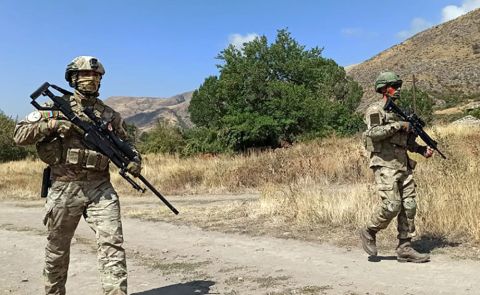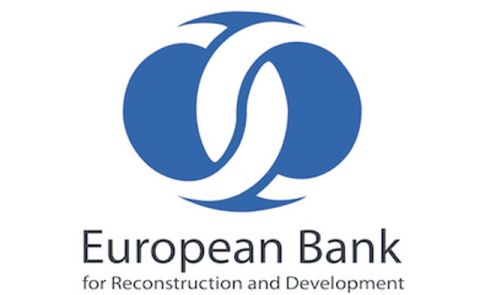
South Caucasus countries in the World Press Freedom Index 2020
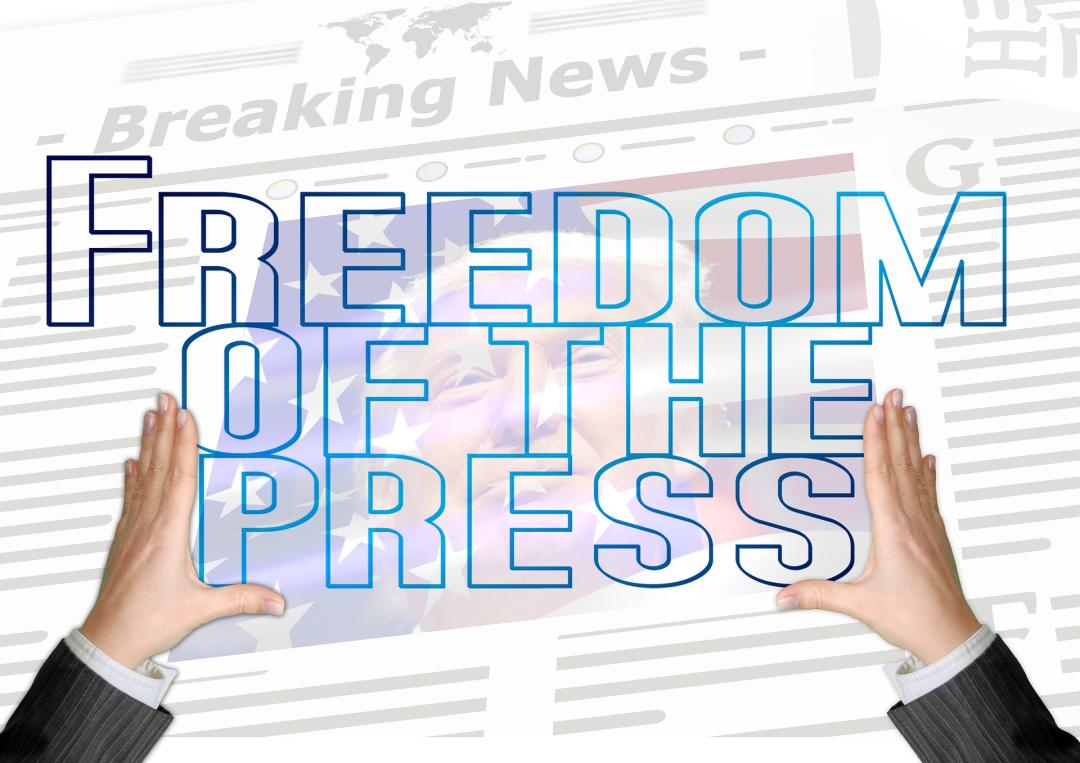
On 21 April, Reporters Without Borders (RSF) published their World Press Freedom Index for the year 2020 which evaluated the situation for journalists each year in 180 countries and territories. Armenia ranked 61st, Azerbaijan 168th and Georgia 60th in this year’s edition.
The report stated that the coming decade will be decisive for the future of journalism, with the Covid-19 pandemic highlighting and amplifying the many crises that threaten the right to freely reported, independent, diverse and reliable information. Highlighting the regional trends in regard to media freedom, the report outlined that Europe continues to be the most favourable continent for media freedom, followed by the Americas and Africa. The Asia-Pacific region that saw the greatest rise in press freedom violations. The Eastern Europe/Central Asia region (where the South Caucasus countries are situated) kept its second-to-last place in the regional ranking, while the Middle East and North Africa continues to be the world’s most dangerous region for journalists.
Armenia’s rank remained unchanged in comparison to the year 2019. The report highlighted that media diversity has blossomed in the country but the government that emerged from the “velvet revolution” has failed to reduce the media’s polarization so far. The editorial policies of the main TV channels coincide with the interests of their owners. Journalistic independence and transparent media ownership are still far from being achieved. There is concern about the volume of judicial proceedings against journalists and about excesses in the fight against fake news. The involvement of the security services in combatting disinformation, followed by arrests of social media users, and attempts to legislate journalism without prior discussion with civil society and journalists are alarming. However, investigative journalism is flourishing online and is well placed to play a major role in a national offensive against corruption.
Azerbaijan dropped two places in comparison to the year 2019. Speaking on the country's profile, the RSF outlined that independent journalists and bloggers are jailed on absurd grounds if they do not first yield to harassment, blackmail or bribes in the country. The hopes were raised in late 2019 that with the dismissal of presidential advisor Ali Hasanov, regarded as the media’s “censor in chief,” and by the announcement of major reforms were quickly dashed in early 2020 by the post-election crackdown on journalists who had tried to cover electoral fraud and opposition rallies. The main independent news websites are blocked. In a bid to silence journalists who continue to resist in exile, the authorities harass their family members still in Azerbaijan. They do not hesitate to reach beyond Azerbaijan’s borders, getting Azerbaijani journalists arrested in Georgia and Ukraine, and suing journalists in France.
Georgia’s position remained unchanged in comparison to the year 2019. According to the report, Georgia’s media are pluralist but still very polarized. The reforms of recent years have brought improvements in media ownership transparency and satellite TV pluralism, but owners still often call the shots on editorial content. In compliance with a European Court of Human Rights ruling, Rustavi 2, the main national opposition TV channel, was restored to a previous owner, resulting in a complete change of its editorial policy and in the resignation of most of its journalists. Two new pro-opposition TV channels emerged as a consequence of the conflict. Police violence against journalists is less frequent but continues, and threats are still common. The report especially highlighted the investigation into Azerbaijani dissident journalist Afgan Mukhtarly’s abduction in the Georgian capital of Tbilisi in 2017 which has yet to produce any convincing explanation of how it happened.
Reporters Without Borders, also known as Reporters sans frontières (RSF), is a leading international non-profit and non-governmental organization that safeguards the right to freedom of information. Its mandate is to promote free, independent and pluralistic journalism and to defend media workers. Its advocacy is founded on the belief that everyone requires access to the news and information. RSF has consultative status at the United Nations, UNESCO, the Council of Europe, and the International Organisation of the Francophonie.
See Also

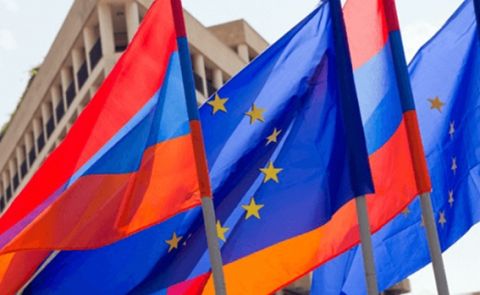
Pashinyan and Mirzoyan Hold Separate Meetings with European Leaders to Focus on Armenia’s EU Integration, Human Rights Progress, and Regional Developments
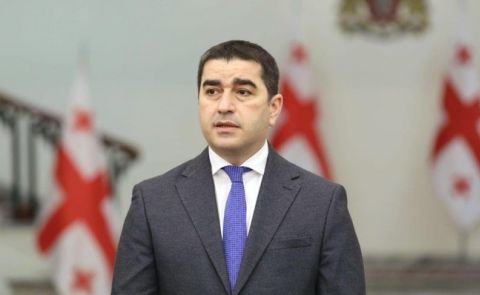
Georgian Parliament Speaker Participates in EU Parliamentary Conference, Engages in High-Level Bilateral Talks
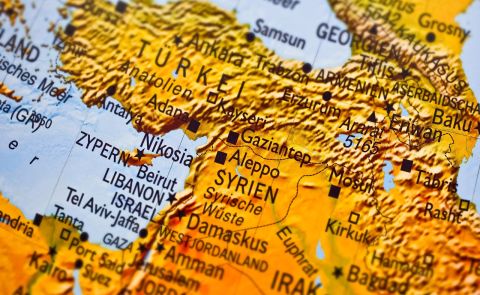
Separatist Abkhazia and Syria Discuss Strengthening Academic Ties, Potential Agreement Between Universities
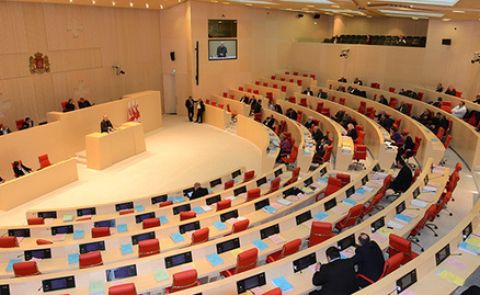
Georgia Announces Legislative Changes Targeting Foreign Nationals in Anti-Government Protests
